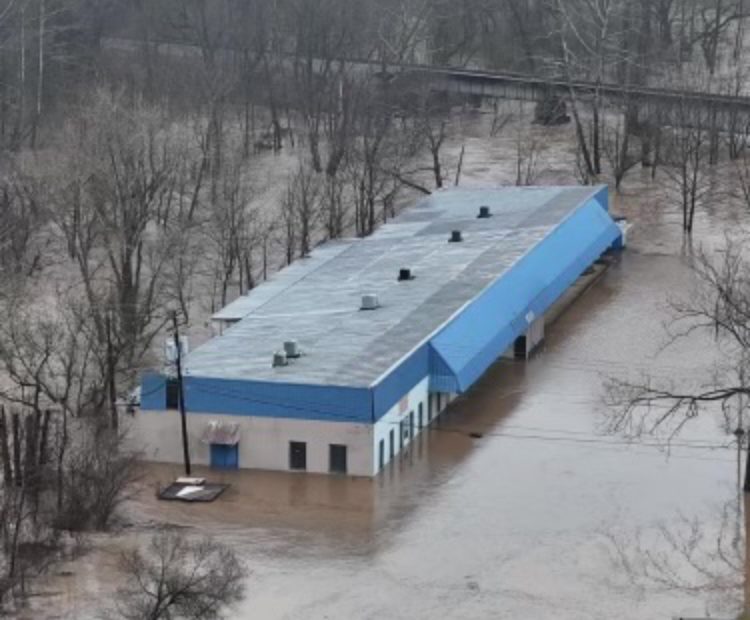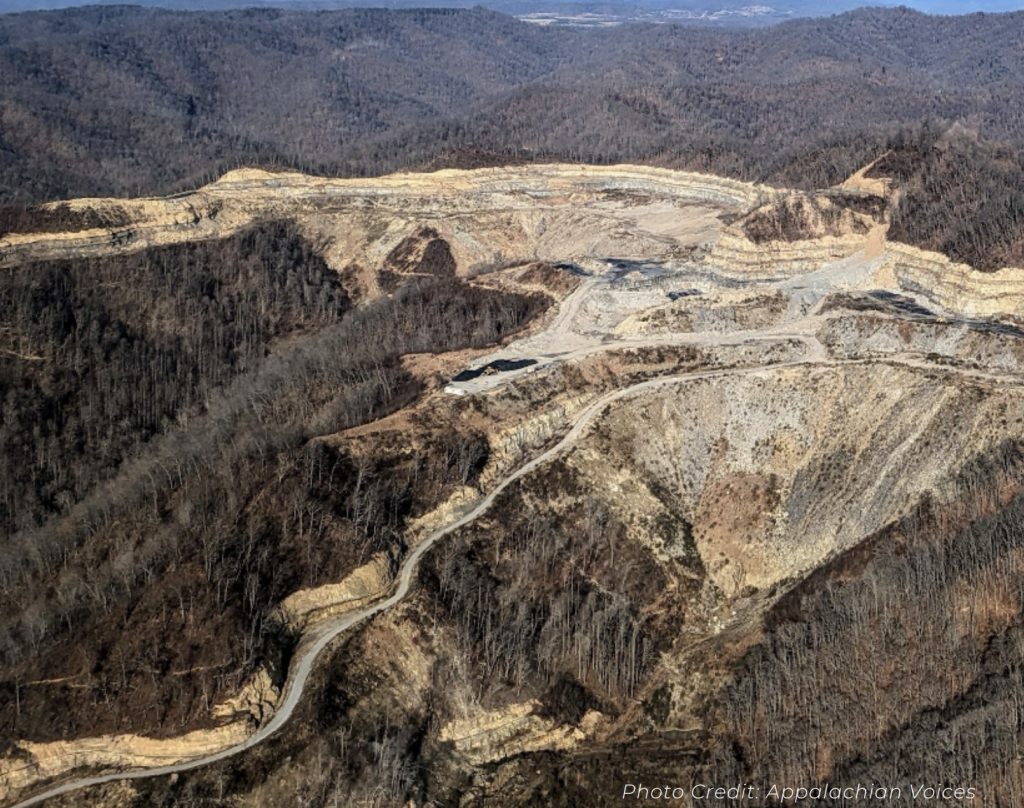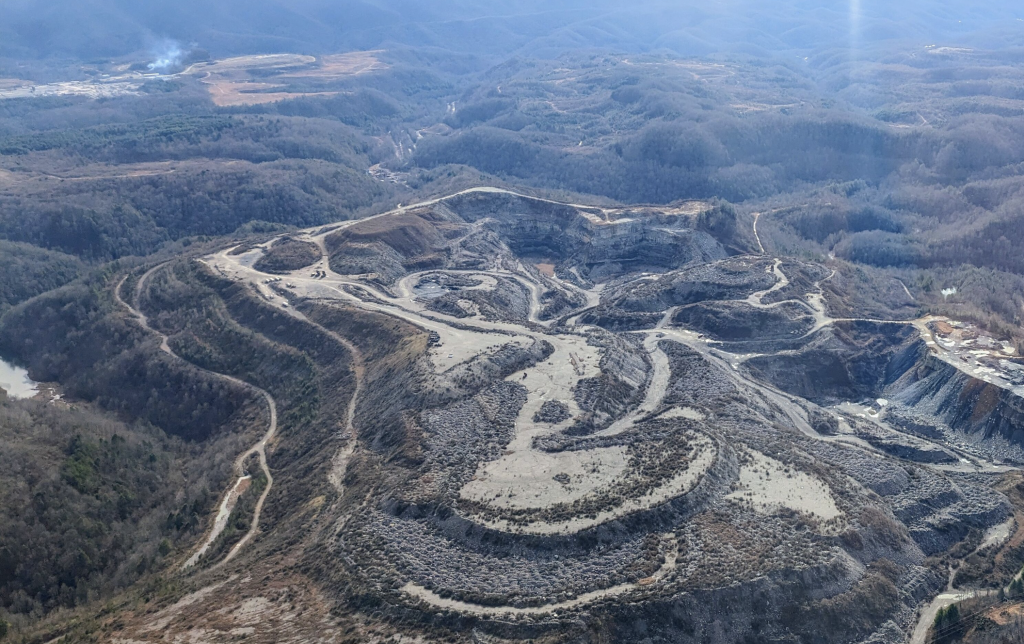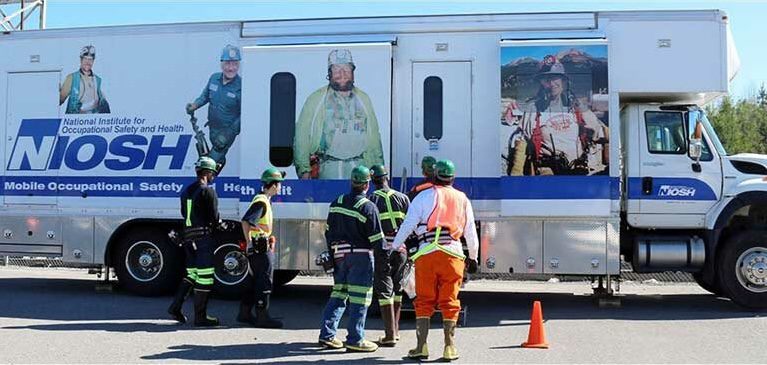Cleaning Up Coal Ash
For well over a century, power plants across the country have burned coal to generate electricity. And for just as long, leftover coal ash has been dumped in open, unlined pits near the power plant, usually located on a river or lake. Every year, U.S. power plants produce 130 million tons of coal ash, which is the second largest waste stream in the country after municipal garbage.
Coal ash concentrates the toxic heavy metals found in coal, including arsenic, mercury, lead and selenium. Stored in unlined, wet impoundments, coal ash has been leaking these toxics into our groundwater and surface waters for years. Sometimes these impoundments collapse — with disastrous results.
Yet government regulations for coal ash management are either non-existent or sparse, and there is little enforcement of the regulations that do exist. In North Carolina, this lack of oversight — and the complicity between state regulators, elected officials and Duke Energy — came to a boiling point in February 2014 when one of Duke’s coal ash impoundments spilled 39 million tons of ash into the Dan River.
Citizens living near North Carolina’s 33 coal ash impoundments — all of which have leaked — have fought for transparency from Duke and the state, and for cleanup of the pollution that threatens their property value, health and family. Their actions forced this issue into the headlines of news networks and to the forefront of environmental justice conversations in the United States.
Appalachian Voices stood with these communities as we worked for years to compel Duke Energy and the N.C. Department of Environmental Quality to excavate coal ash from all the North Carolina sites and dispose of it either in lined, dry landfills, away from waterways, or by recycling it for concrete or other uses, provided it’s done in a manner that protects public health and the environment.
On Jan. 2, 2020, North Carolina announced a historic settlement with one of the state’s most powerful corporations and polluters, Duke Energy. The settlement requires Duke to move nearly 80 million tons of toxic coal ash at six of its power plants to properly lined landfills onsite or recycle it.

Learn information about specific coal ash impoundments in the South, including health threats and safety ratings:
Additional Resources
Fact sheets, videos, links to academic research, and more
Sign Up to Act
Help us protect the health of our communities and waterways.
Latest News
Putting faces to the floodwaters: The need for disaster preparedness in one rural community
There is something particularly heartbreaking about pulling a…
Presidential orders to prop up coal companies would increase pollution, damage public lands and raise power bills
President Trump signed four executive orders aimed at propping up declining coal-fired power plants and reducing environmental protections for communities impacted by coal plants and mining.
How a skate park became a long-term disaster relief hub
What started as a simple act of checking in with each other after Hurricane Helene quickly turned into State Line Resource Station, a grassroots relief effort that has since provided thousands of people with food, supplies and long-term recovery assistance, operating out of Zionville Ramp Co., an indoor skate park in Trade, Tennessee.
Coal company owned by U.S. Sen. Jim Justice, behind on clean-up deadlines and fines, faces contempt hearing on April 9
A&G Coal Corporation is scheduled to appear before the U.S. District Court, Western District of Virginia, in Abingdon, Virginia, on Wednesday, April 9, for a hearing concerning its failure to comply with the legally binding terms of a 2023 consent decree.
Trump administration cutting vital health and safety services for miners
Coal miners, families and advocates were still trying to figure out what the termination of leases for dozens of Mine Safety and Health Administration offices by Elon Musk’s DOGE meant for the work of mine safety inspectors when even worse news came.
Community improvement projects proceed in Pound as some funding remains uncertain
Community projects in the town of Pound, Virginia are moving forward, as the federal funding that has helped to make some of them possible faces an uncertain future.











